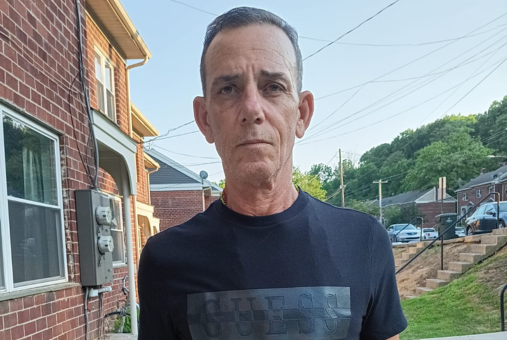
One month after his release from a Cuban prison, journalist Lázaro Yuri Valle Roca speaks with LJR about how being the grandson of a communist commander turned him into an unwavering dissident, and how international pressure led to his release
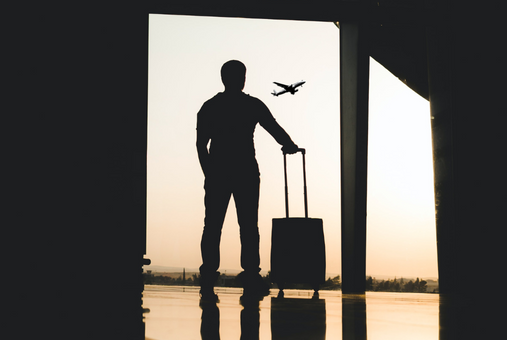
The phenomenon of exiled journalists is not new, according to the UN Rapporteur on freedom of expression, Irene Khan. However, the increase in recent years has caused concern and hence the need for both States and civil society to come together to offer help. Organizations from Latin America join that call.
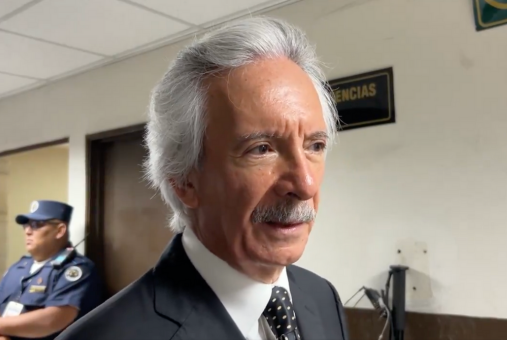
Despite being granted house arrest in May, José Rubén Zamora has now suffered another legal setback in courts. An appeals court has revoked the measure. His son, José Zamora, says the decision is a continuation of harassment against his father.

In Venezuela, digital information freedoms are systematically censored and attacked, according to “Algorithms of Silence,” the 2023 Digital Rights Report from IPYS Venezuela. During the past year, 46 informative sites were blocked and 12 media outlets and four journalists suffered from identity impersonation.
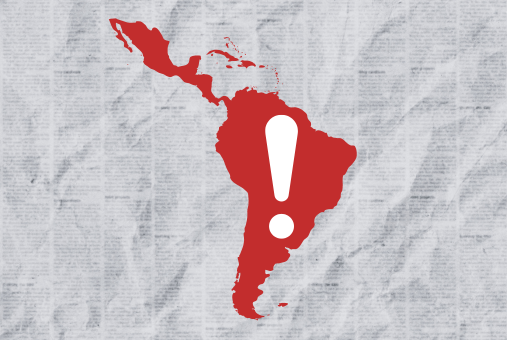
Year after year, Voces del Sur's Shadow report monitors attacks against the press in Latin America. With the consolidation of undemocratic regimes and the proliferation of organized crime in some countries, stigmatizing speech against the press increased in 2023 compared to the previous year.
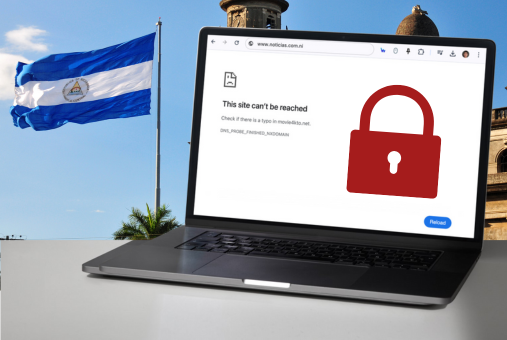
Faced with the proposal of a new telecommunications law in Nicaragua, independent journalists are preparing for possible blocking of their websites, regulation of audiovisual content and control of production equipment. Some media outlets have already started campaigns to raise awareness among readers about possible measures to avoid censorship.
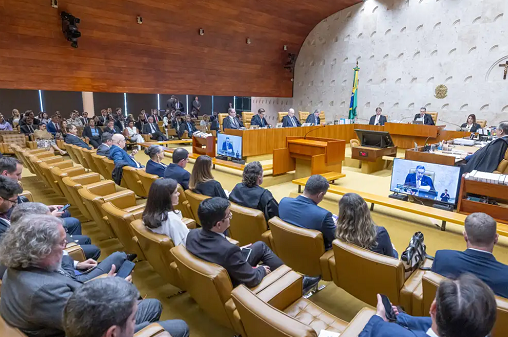
The Supreme Federal Court of Brazil established that coordinated lawsuits against journalists are a form of judicial harassment and also set the precedent that errors are an intrinsic part of the profession. Experts consider the actions positive and important steps, but say they’re insufficient to end abuse of the courts against the press.
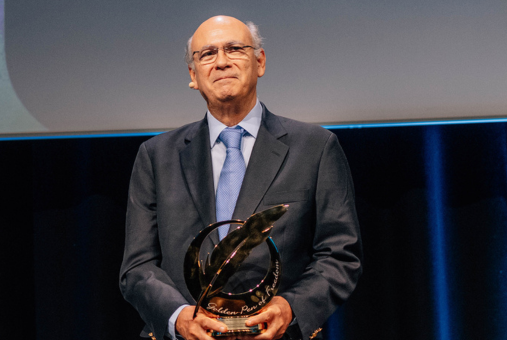
Nicaraguan journalist Carlos Fernando Chamorro received the Golden Pen of Freedom award during the 75th WAN-IFRA Congress. Chamorro dedicated the recognition to his colleagues in exile and to all Latin American journalists who face political persecution, prison and criminal violence in their countries.

On May 15, the Ninth Court of Criminal Sentencing in Guatemala granted a substitute measure of house arrest, without surveillance, to journalist Jose Rubén Zamora, as reported by Guatemalan media. However, the founder of elPeriódico remains in prison due to another case against him. "They offered for me to leave the country and I never […]
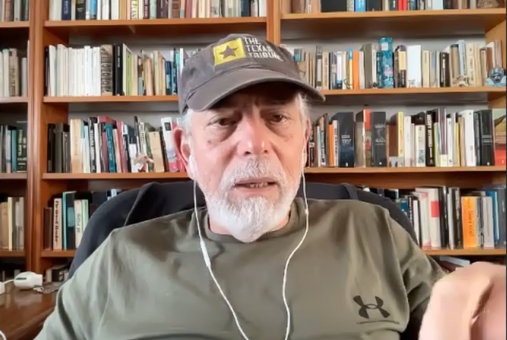
Peruvian journalist Gustavo Gorriti is currently facing an investigation by the prosecutor's office for the alleged crime of bribery and his communications have been requested. Several organizations have said the case is retaliation for his journalistic work. Gorriti spoke with LJR about this investigation against him, his response to the attacks and even the lessons that he’s gained from this process.
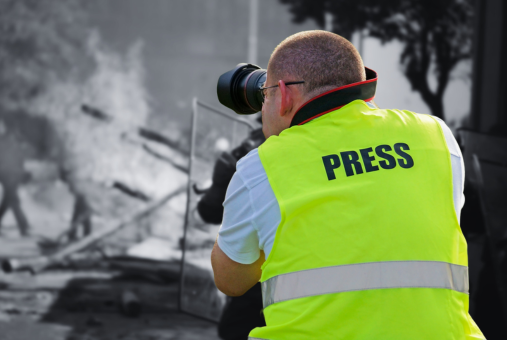
Directors of El Faro (El Salvador) and Confidencial (Nicaragua) pointed to risk assessment, complete trust between editors and reporters, legal defense and psychological support as fundamental elements to preserve the well-being and safety of their teams in the face of harassment, threats and criminalization.
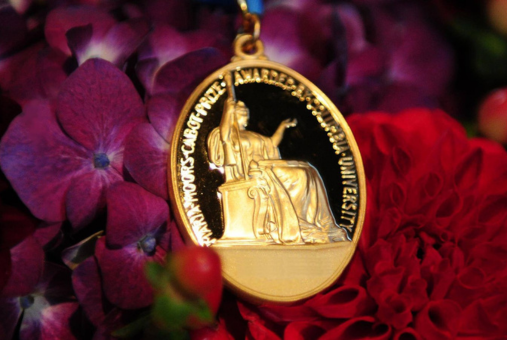
The board of directors of the Maria Moors Cabot Prizes, the oldest international journalism awards in the world, drew attention to the cases of persecution against Gustavo Gorriti, from Peru; José Rubén Zamora, from Guatemala and the team of the Venezuelan investigative journalism organization Armando.info.